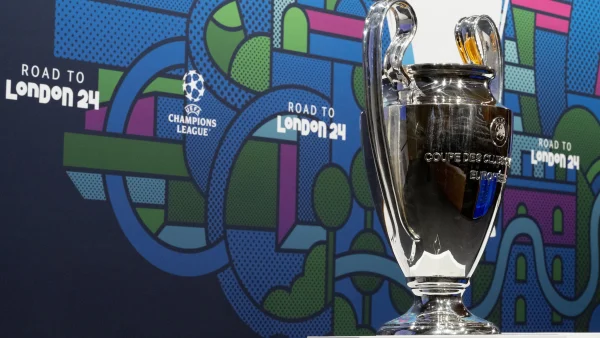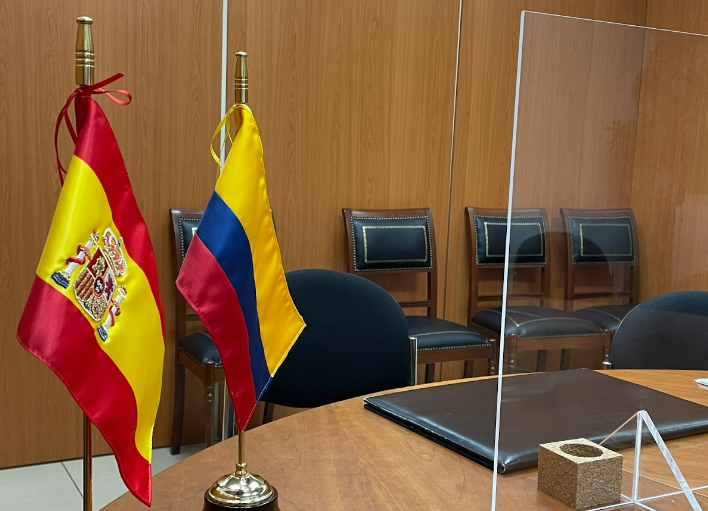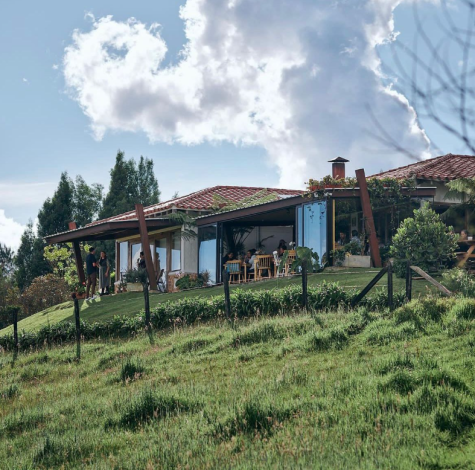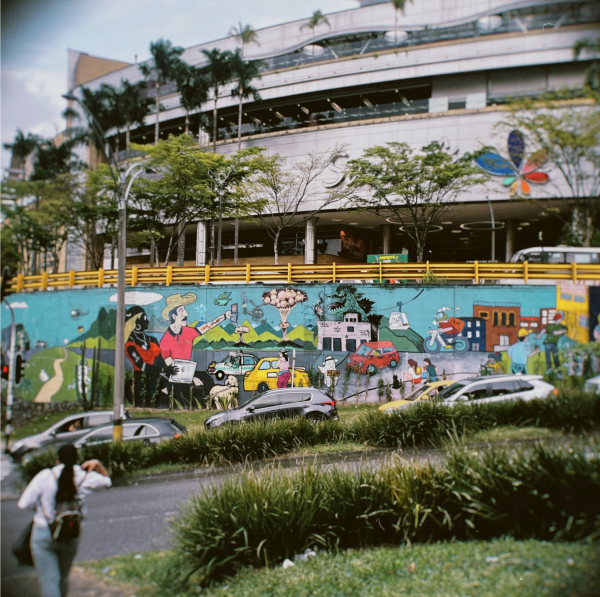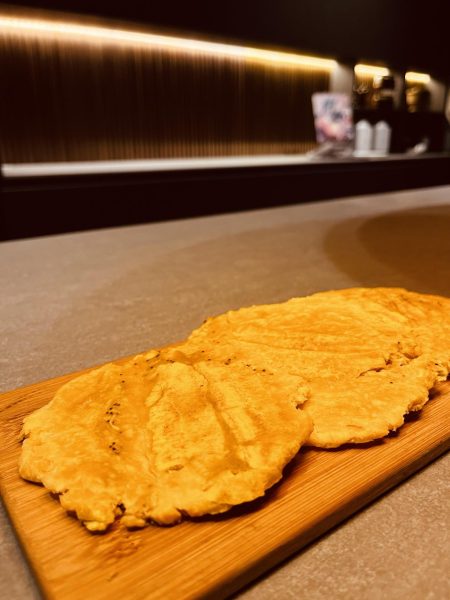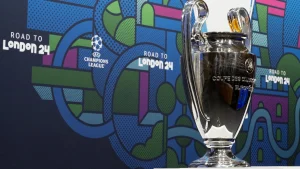I’m a Sephardi Decendant, this was my process for acquiring Spanish nationality
Over 132,000 people of Jewish decent, whose families were expelled during the Spanish Inquisition, applied for Spanish citizenship.
In 1492, following the Alhambra Decree issued by the joint Catholic Monarchs of Spain, Jews from the Crowns of Castile and Aragon were ordered to be expelled from Spanish territories in order to ensure their descendants did not revert to Judaism. This led to the forced conversion to Catholicism of more than 200,000 Jews, and the expulsion of more than 100,000.
My family and I are descendants of the Sephardi Jews who were expelled from Spain and five centuries later, we want to recover the link with our homeland of Spain. So when we heard that the Spanish government passed a law in 2015 to allow people of Sephardic origin to apply for Spanish nationality, we decided to do so.
More than 132,000 people of Sephardic origin, mostly Latin Americans, applied for the nationality, however, we were some of the last ones to apply as the deadline was September 2019 and we applied in July of that same year.
It all started back in 2019 when we filled out the application for the nationality and submitted all of the required paperwork. Then I had to gather all of the required documents and data, ranging from my personal information to my entire family tree tracing back to the first Spanish-born member of my family. Also, in order to obtain Spanish nationality, it is necessary to prove your knowledge of the Spanish language and Spanish Constitutional and Sociocultural Knowledge.
To do this, we had to schedule an appointment at any office in the world authorized by the Cervantes Institute in which we would take an exam, however, after looking everywhere around the world we weren’t able to find any available opening in Europe or America, except for one in Sao Paulo, Brasil. The thing is this opening was in 1 week and we were currently traveling in Miami, so we immediately booked tickets from Miami to Sao Paulo and went there to take the exam.
This was a really stressful trip as it was a really short stay in which we would take an exam that we had been studying for months. We arrived at the institute and were seated in a room full of other people. You could see the stress in people’s faces and we were no exception. The test took about 1 hour to complete and we realized that our hard work had paid off. You are not told how many questions you got right or wrong, but I and my family were told we passed and that we would receive our official certification diploma, which meant we were now ready to go to Spain.
The COVID-19 Pandemic delayed our process significantly as we were supposed to go to Spain in September 2020, and ended up going in February 2022. Borders were closed indefinitely and so was the process to get our nationality. We were only given until December 2020 to sign, but my distress was relieved when the Spanish government stated that they would allow an extension for those already doing the process. During quarantine, we had nothing more to do than wait. However, when we heard of the reopening of Spanish borders, we booked our flight and appointment right away.
In Spain we had to do two main things; the first one was to pay a fee to the Ministry of Justice since the taxable event of the fee is the request to initiate the procedure to obtain Spanish nationality. The second one was to go to our meeting with the Noraty and process the Certificate of notoriety.
We did the payment in a Bankinter Bank in Barcelona which was relatively easy since it’s just a payment to an account that you are previously given. Later, in Madrid, we attended the meeting with the Notary.
The morning of Febuary 9, 2022 we woke up early to arrive with extra time to the notary. When we entered, they took our information and told us to wait in the waiting room. We waited patiently for about 35 minutes even though we appeared to be the first ones to come in. When it was finally time, we were led into a meeting room where we were told to sit down and wait for the notary. When he arrived, he introduced himself in a kindly manner and actually brought with him 2 little flags from both Spain and Colombia to in his words “make this official”.
He sat down and reviewed all of our paperwork while my mom and I sat patiently in silence. He looked at my birth certificate and our long family tree tracing back to the early 15th century so he could justify our Sephardic status. After that, he brought back the Certificate of Notoriety we had to sign. As I sat there looking at the papers I felt a rush of nervousness through my body, probably because with that signature, I was not only getting a new nationality, but also, becoming part of a new society, a new culture, and taking ownership of a part of myself I didn’t know I had before. As I signed I let go of that nervousness and actually felt pride in forming part of a new country, however, the process was long from being over.
The final steps were to swear loyalty to the King of Spain in the Spanish consulate of Bogota later this year and then, wait for our passports to arrive. This has been a really tedious process so far, but then again, it shouldn’t be easy to become a citizen of another country. It has for sure been really interesting to learn so much about this country, about my ancestry, and about myself. In Spain, I had a lot of fun, visited places I had never been to, and explored my soon-to-be country.

